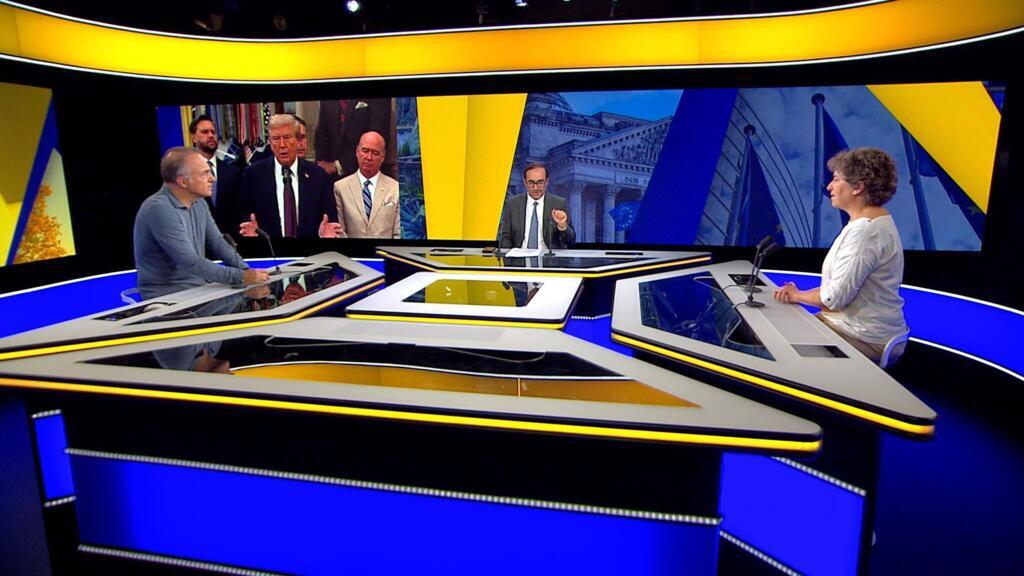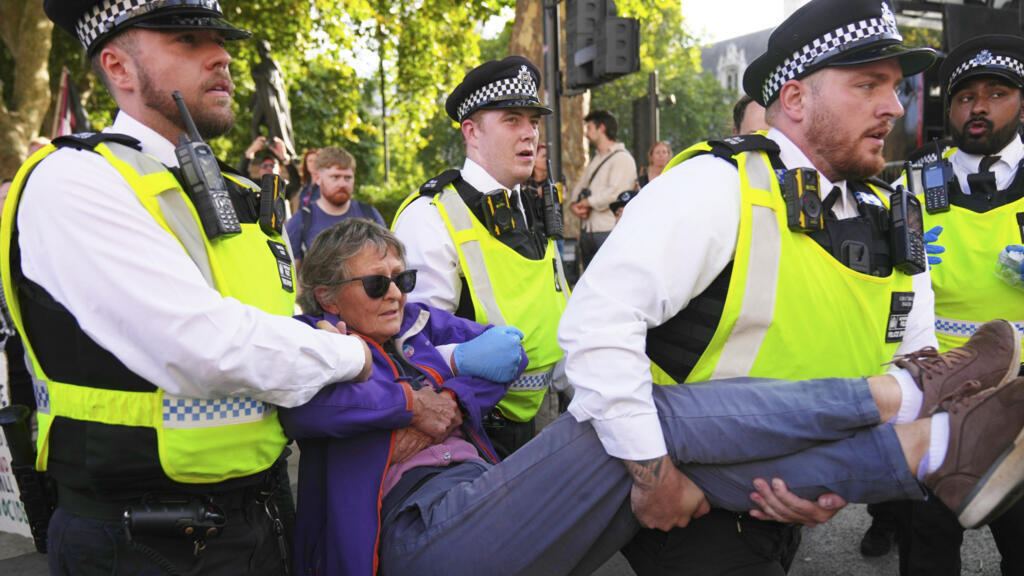European Political Landscape Amidst Global Tensions
In August, European political leaders attempted to take a brief respite from their demanding roles, yet pressing issues loomed large in their minds. Notably, tensions escalated as Russian forces made significant advancements in the Donbas region of eastern Ukraine. This development has raised concerns among European nations regarding security and stability in the area, as the conflict in Ukraine remains a primary focus of both political and military strategies across the continent.
Adding to these regional strains, a high-profile summit took place in Alaska between Russian President Vladimir Putin and American President Donald Trump. The outcomes of this meeting sparked alarm bells in Kyiv as well as across European Union (EU) member states. The discussions held at such a prestigious venue reinforced the significance of international relations and the impact of U.S.-Russia ties on European security dynamics. The potential ramifications of this summit were felt deeply in Europe, prompting leaders to reconsider their strategies in response to an increasingly assertive Russia.
Furthermore, European governments are feeling the repercussions of a trade agreement with the United States that currently imposes a 15 percent tariff ceiling on most EU products exported to the U.S. This situation has left EU officials frustrated, as their ambition to enhance competitiveness and strategic influence on the global stage is hindered by these trade barriers. The EU’s aspiration to assert its economic weight is crucial, especially in the context of ongoing geopolitical tensions that could disrupt market stability.
As European leaders grapple with these multifaceted challenges, there is a growing need for cohesive strategies that address both security concerns in Eastern Europe and the economic implications of transatlantic trade agreements. The balance between maintaining robust defenses against external threats, such as those posed by Russian military actions, and nurturing economic relationships with key partners like the United States is more vital than ever.
Additionally, the broader implications of these issues extend beyond immediate political calculations, as they challenge the foundation of international alliances and economic cooperation. The EU's role in shaping responses to these challenges will be critical in sustaining its relevance and influence in global affairs, particularly in light of its objectives to lead on issues such as trade, climate change, and security.
In summary, while August might have been a time for supposed relaxation, the undercurrents of political strife, trade disputes, and military confrontations ensured that European leaders remained acutely aware of their responsibilities. The complexities of managing relationships with both adversaries and allies underscore the intricate web of diplomacy that the EU must navigate to protect its interests and assert its role on the world stage.












